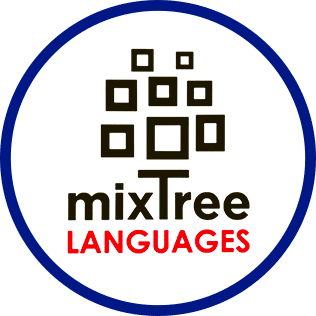Accommodation in Amsterdam
Are you looking for a place to stay near MixTree Languages?
Here are some suggestions for finding convenient hostels, rooms in apartments, and hotels in Amsterdam or close to Amsterdam:
- Booking.com (It is also possible to search for long stay accommodation on the Booking.com website. To find the most relevant solutions for you, you can insert your dates and sort the results by “cheapest”. The solutions include rooms, small apartments and shared rooms in hostels)
- Airbnb.com (Some students and friends told us that they found rooms and apartments for a short period on Airbnb.com)
- https://housinganywhere.com/
- https://www.viahostels.com/
- Uniplaces.com (Uniplaces offers a 20% discount on their booking request service fee for all MixTree Languages students)
- https://rentslam.com/
- https://www.stayokay.com/en
- https://www.aohostels.com/en/amsterdam/
- https://staygenerator.com/
- https://www.clinkhostels.com/amsterdam/clinknoord/
- http://hoteljansen.nl/
- https://www.thestudenthotel.com/amsterdam-city/
- https://www.iamsterdam.com/en/plan-your-trip/where-to-stay/about-short-stay-apartments/short-stay-apartments
- www.pararius.nl
- www.kamernet.nl
- www.kamers.nl
- www.funda.nl
You can also check these groups in facebook :
- https://www.facebook.com/groups/182547965445/
- https://www.facebook.com/groups/268031926997224/
- https://www.facebook.com/groups/1490625531217741
- https://www.facebook.com/groups/1408741936054725/
Would you like to take an English language course? Join MixTree Languages and start improving your English language skills!
